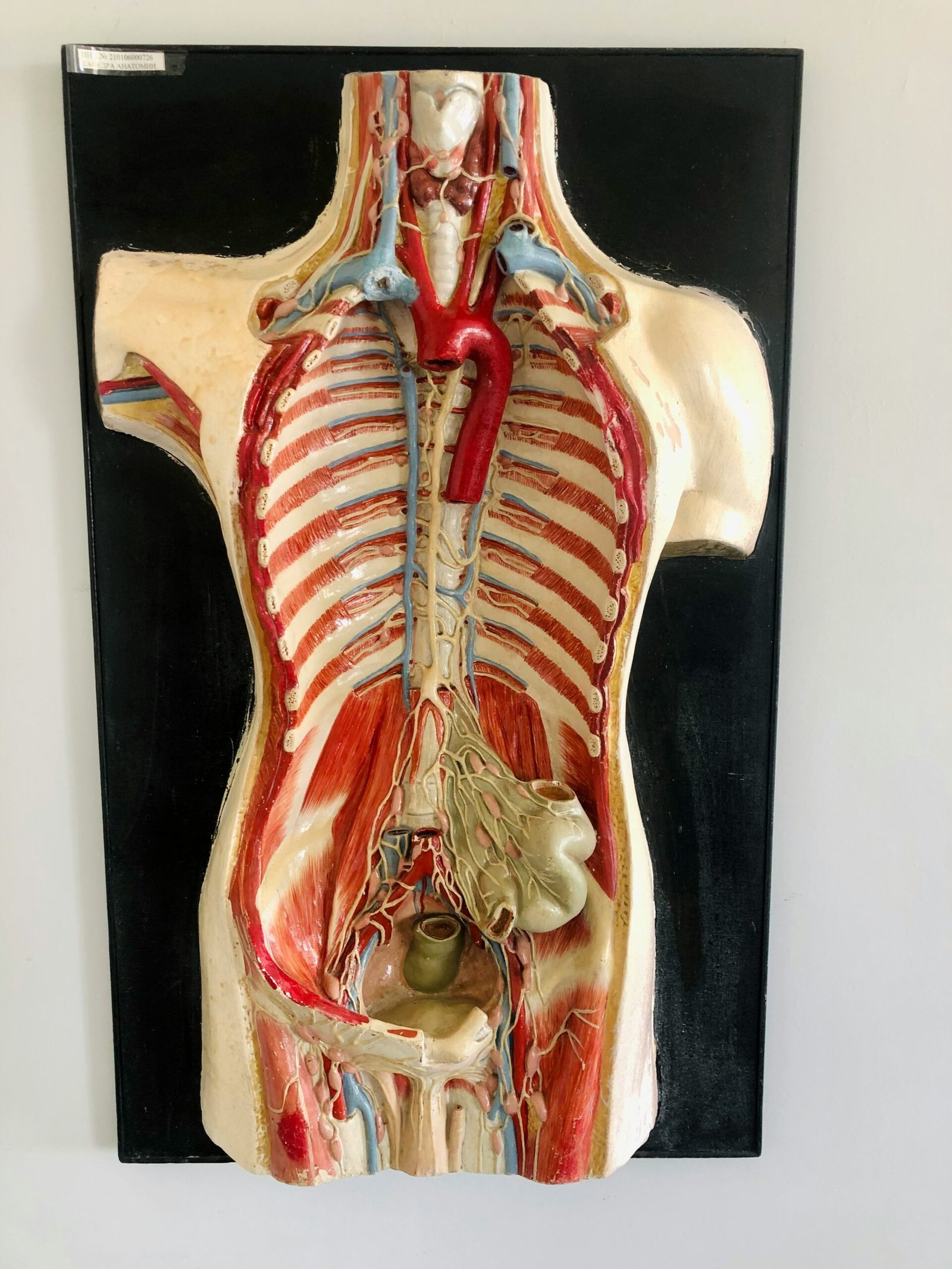Understanding the Fundamentals of Weight Loss
Successful weight loss hinges on understanding the basic principle of caloric balance, which is the relationship between the calories consumed through food and beverages and the calories expended through physiological processes and daily activities. In simplest terms, weight loss occurs when there is a caloric deficit—where the number of calories burned exceeds the number of calories consumed. Conversely, weight gain arises when caloric intake surpasses caloric expenditure.
Calories are units of energy derived from macronutrients like carbohydrates, proteins, and fats. To effectively manage weight without exercise, one must meticulously monitor and regulate caloric intake. This can be achieved through a structured diet plan that ensures a caloric deficit by choosing nutrient-dense, low-calorie foods that promote satiety and reduce cravings.
Metabolism plays a pivotal role in this energy equation, as it encompasses all biochemical processes that occur within the body to sustain life. Basal metabolic rate (BMR) is the number of calories required to keep your body functioning at rest. Several factors influence BMR, such as age, gender, genetic predisposition, and lifestyle. For example, younger individuals and men typically have higher BMR than older adults and women, respectively. It is also noteworthy that lifestyle choices, such as sleep patterns and stress levels, can significantly impact metabolic rate.
Maintaining a healthy weight is crucial for overall well-being and can reduce the risk of chronic diseases such as heart disease, type 2 diabetes, and certain cancers. Healthful eating habits, emphasizing balance, variety, and moderation, provide the foundation for effective weight management. By understanding the fundamentals of caloric balance and the integral role of metabolism, individuals can make informed decisions to achieve sustainable weight loss without relying on physical exercise.
Dietary Changes for Optimal Weight Loss
Adequate dietary modifications play a crucial role in weight loss without relying on exercise. One of the most effective strategies is portion control, which can be seamlessly integrated into daily life with simple techniques. For instance, utilizing smaller plates can create the visual perception of fuller portions, thereby reducing the likelihood of overeating. Additionally, engaging in mindful eating practices—such as eating slowly and savoring each bite—can enhance the awareness of hunger and satiety cues, leading to more controlled food consumption.
The inclusion of whole foods into your diet is paramount for weight loss. Whole foods, such as fruits, vegetables, lean proteins, and whole grains, are not only enriched with essential nutrients, but they also promote longer periods of satiety. This is primarily because these foods are high in fiber and protein, which are known to regulate appetite and stabilize blood sugar levels. On the contrary, processed foods often contain excessive sugars, unhealthy fats, and undesirable additives that can contribute to weight gain and poor health outcomes.
Reducing the intake of processed foods, sugary substances, and unhealthy fats is vital for sustaining a healthy diet. Substituting these with whole foods can significantly benefit one’s overall well-being and facilitate weight management. For example, replacing sugary snacks with fresh fruits or swapping refined grains for whole grains can make a noticeable difference.
Practical tips on meal planning and preparation can further endorse healthy eating habits. Preparing meals ahead of time ensures that nutritious options are readily available, reducing the temptation to opt for unhealthy quick fixes. Having a variety of colorful vegetables, lean proteins, and whole grains prepped in advance can streamline meal decisions and help maintain a balanced diet. Moreover, creating a grocery list based on planned meals can prevent impulsive purchases of less healthy foods.
Incorporating these dietary changes can lead to effective weight loss by fostering healthier eating habits, making it easier to achieve and sustain desired weight loss goals without the need for exercise.
Lifestyle Habits to Enhance Weight Loss
Adopting specific lifestyle habits can significantly support weight loss efforts, even in the absence of exercise. One crucial factor is ensuring adequate sleep. Research indicates that poor sleep can negatively impact the hormones responsible for hunger and metabolism. The hormones ghrelin and leptin, which control appetite and satiety respectively, become unbalanced with inadequate sleep, often leading to increased hunger and cravings for high-calorie foods. Consequently, striving for a consistent sleep schedule of 7-9 hours per night can be instrumental in managing weight.
Hydration is another essential component of weight management. Drinking sufficient water often leads to a feeling of fullness, thereby reducing overall calorie intake. Replacing sugary beverages with water can also cut down on excessive calorie consumption. It is generally recommended to drink at least eight 8-ounce glasses of water daily to promote optimal bodily functions and support weight loss.
Stress management plays a pivotal role in preventing stress-induced overeating, which is a common challenge for many individuals. Chronic stress can lead to an increase in the hormone cortisol, which has been linked to weight gain, particularly in the abdominal area. Techniques such as meditation and breathing exercises help to reduce stress levels significantly. Engaging in hobbies that induce relaxation and pleasure, whether through social activities, art, reading, or physical relaxation methods, can further aid in managing stress effectively.
Combining these lifestyle habits can create a supportive environment for weight loss. By focusing on adequate sleep, proper hydration, and proactive stress management, individuals are likely to find it easier to control their weight without the need for rigorous exercise routines. These changes, although seemingly minor, can collectively contribute to a healthier and more balanced approach to weight management.
Utilizing Behavioral Strategies for Long-Term Success
Embarking on a weight loss journey without exercise requires a concerted focus on behavioral strategies to ensure lasting success. Central to this approach is the establishment of realistic goals. Setting attainable weight loss targets helps to nurture a sense of achievement and motivation. These goals should be specific, measurable, and aligned with one’s overall health objectives. For instance, rather than aiming to lose an ambiguous amount of weight, a clear goal such as “losing 1-2 pounds per week” is pragmatic and fosters patience and persistence.
Tracking progress is another indispensable component. Monitoring daily food intake, weights, and even emotional triggers can illuminate patterns that might otherwise go unnoticed. Several digital tools and apps are available to facilitate this tracking, making it easier to remain accountable and adapt strategies as necessary.
Creating a supportive environment is equally crucial. This can be cultivated through both social support and adjustments to the physical environment. Engaging with family and friends who encourage healthy habits can significantly impact the adherence to weight loss endeavors. Moreover, making practical adjustments, such as keeping healthy foods within reach or eliminating junk food from one’s home, can create an atmosphere conducive to maintaining good dietary choices.
Addressing common challenges and setbacks is also vital for long-term adherence. Cravings can be managed through mindful eating practices and healthier substitutes that satisfy the same cravings with fewer calories. Social pressures, particularly during events and holidays, necessitate a strategic approach. Preparing mentally for these occasions by planning ahead and maintaining a balance between enjoyment and mindful eating can mitigate adverse effects.
Staying committed to weight loss without exercise during holidays and special occasions can be particularly challenging. Having a plan and setting boundaries for indulgences can guard against significant setbacks, ensuring that the journey towards a healthier weight remains on track.



